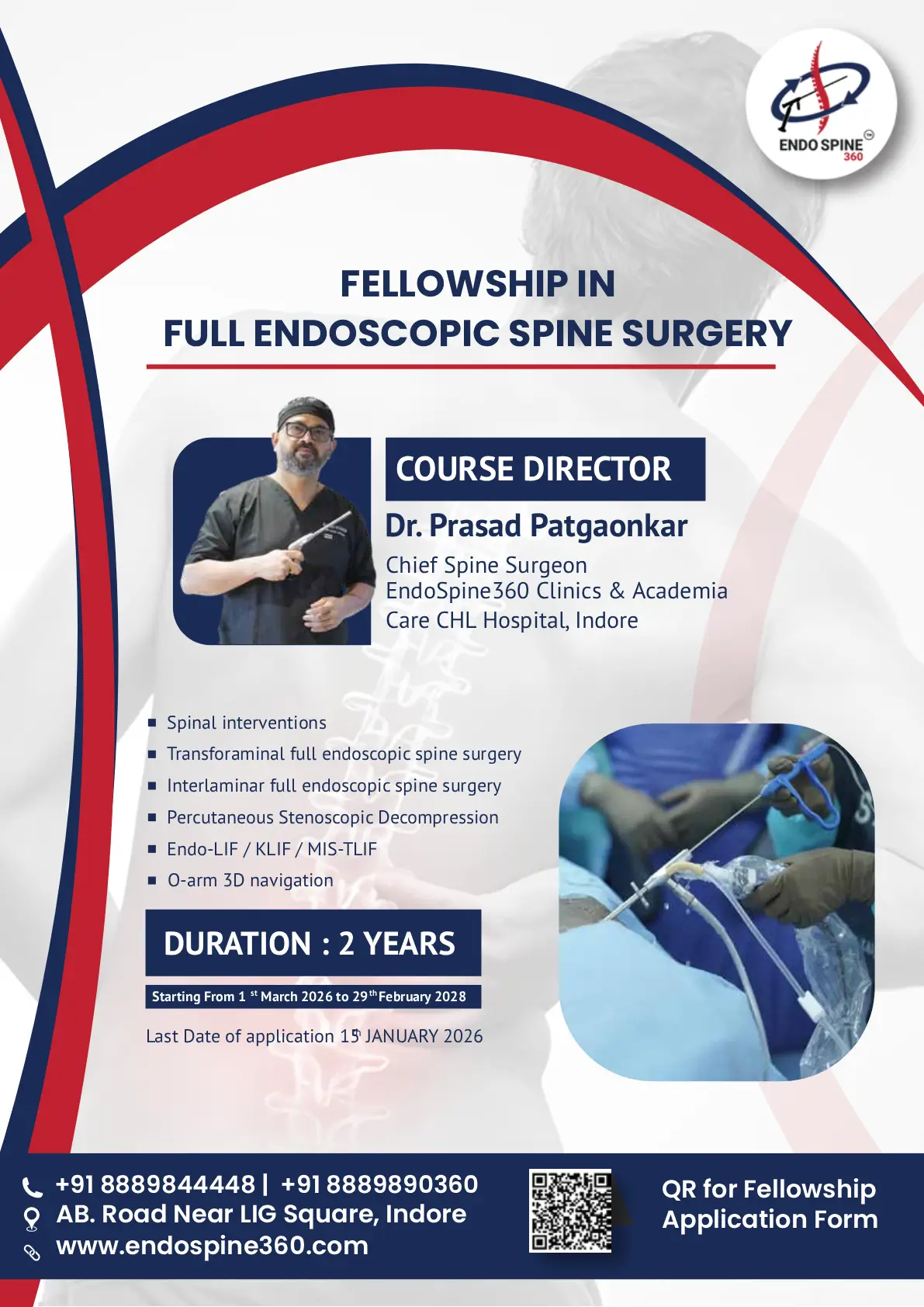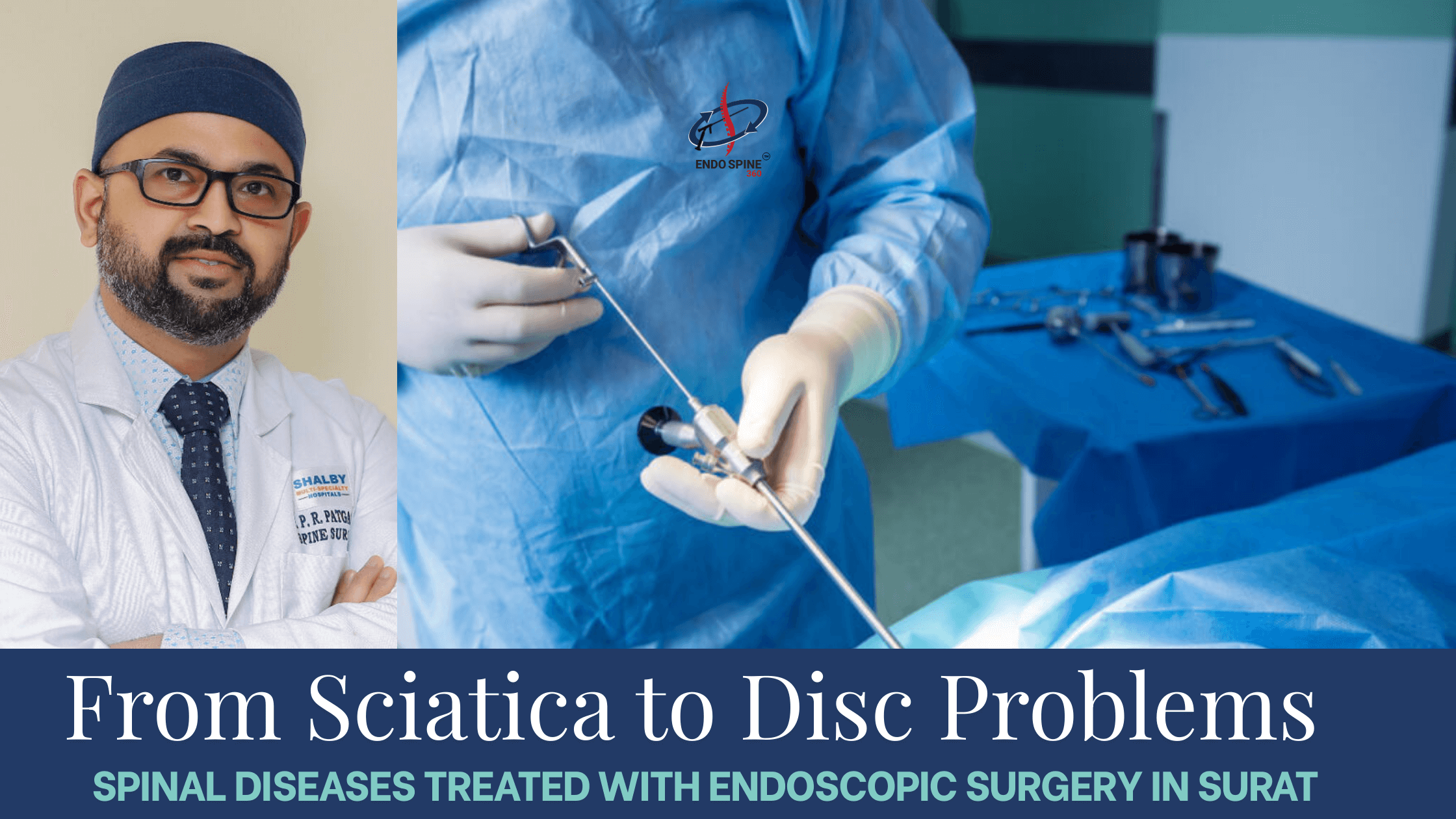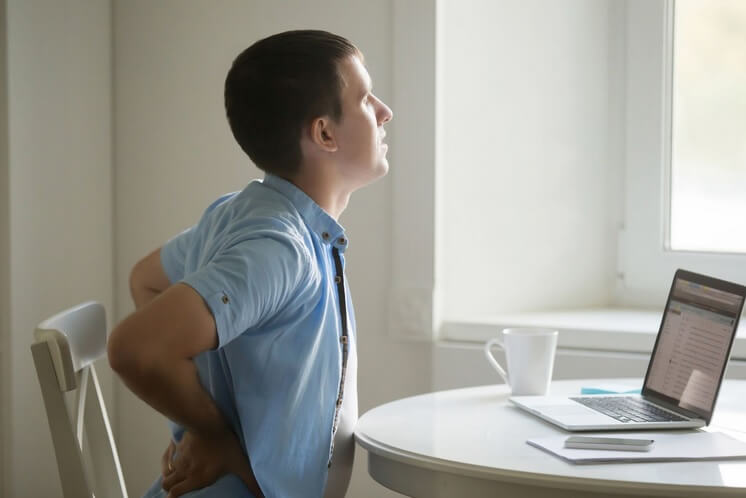Poor Posture and Degenerative Spine Changes: What's the Connection?
- Admin
Referred to as "poor" posture, various standing, walking, and sitting positions are better described as "improper" rather than inherently "bad." The term "bad" tends to convey subjective judgments rather than accurate medical assessments. Nonetheless, prolonged sitting, particularly in unsupportive chairs and without frequent breaks, stands out as a major contributor to unhealthy postures.
Correct posture goes beyond mere aesthetics; it plays a crucial role in preserving spinal health. Inadequate posture can trigger degenerative alterations in the spine, resulting in various spinal disorders, including herniated discs, spinal stenosis, and osteoarthritis. At The Institute for Comprehensive Spine Care, our commitment extends to educating individuals about the adverse impact of poor posture on the spine. We not only raise awareness but also offer practical solutions to help maintain optimal posture and promote spinal well-being.
What Are Degenerative Changes in the Spine?
Degenerative changes in the spine encompass a range of transformations that occur in this intricate and vital part of the body, consisting of 33 vertebrae, spinal discs, and joints. Aging triggers these changes, often resulting in discomfort, stiffness, and diminished mobility. The primary degenerative alterations in the spine include:
Disc Degeneration: The spinal discs, which serve as shock absorbers and facilitate flexibility, undergo a gradual process of degeneration. This involves the loss of water content in the discs, making them less flexible and more susceptible to damage.
Osteoarthritis: A degenerative joint disease affecting the cartilage lining the joints, osteoarthritis induces stiffness, pain, and restricted mobility. This condition can manifest in any joint in the body, including those in the spine.
Spinal Stenosis: Characterized by the narrowing of the spinal canal, spinal stenosis leads to the compression of the spinal cord and nerve roots. Resulting symptoms may include pain, numbness, and weakness in the arms and legs. Understanding these degenerative changes is essential for comprehending the potential impact on spinal health and overall well-being.
Is there a possibility that Bad Posture Causes Degenerative Changes in the Spine?
Yes, poor posture can indeed contribute to degenerative changes in the spine. The increased pressure on spinal discs, joints, and muscles due to improper posture can result in wear and tear over time. Research supports the correlation between poor posture, particularly forward head posture or a slouched posture, and a higher prevalence of degenerative changes in both the cervical and lumbar spine. Therefore, maintaining good posture is crucial not only for present comfort but also for the long-term health and well-being of the spine.
Important Tips for Proper Posture
Improving and maintaining proper posture is within reach for virtually everyone. Consider incorporating the following tips into your routine for a healthier posture:
Conscious Posture Checks: Regularly bring awareness to your posture throughout the day, making a conscious effort to sit, stand, and walk with proper alignment.
Moderate Exercise: Engage in moderate exercise to enhance the production of chemical fluids that assist and lubricate spinal joints, promoting pain-free movement. Activities like walking and swimming can be beneficial.
Gentle Stretching: Include safe and gentle stretching exercises that involve movement of the trunk and back. Yoga, when tailored to your health condition and approved by a healthcare professional, can be an excellent choice.
Shoulder-Roll Exercises: Perform "shoulder-roll" exercises multiple times a day. Gently raise your shoulders, roll them to the back and down, then roll them back up in the front, completing a circular motion. This helps alleviate tension and promotes better shoulder and upper back positioning.
Chiropractic Adjustments: Consider regular chiropractic adjustments as part of your routine. These adjustments can help correct misalignments, alleviate discomfort, and contribute to overall spinal health.
Wall Standing: Stand against a solid, straight wall for a minute or so, ensuring your back is flat against the wall. This simple exercise promotes proper spinal alignment and can be easily incorporated into your daily routine.
If you find yourself grappling with persistent pain despite attempting the aforementioned solutions, it's advisable to reach out for a diagnostic evaluation. Poor posture can indeed contribute to various degenerative conditions.
As a seasoned medical professional with over two decades of expertise in treating spinal conditions, our dedication is centered around patient education and crafting individualized treatment plans. These plans aim not only to alleviate pain but also to enhance mobility and elevate overall quality of life. Don't hesitate to contact Endospine360 for comprehensive assistance and a tailored approach to address your specific concerns. Your well-being is our priority, and we are here to help you navigate through any challenges related to spinal health.
Search
Categories
Popular Tags
Recent Post
-
Consult the top spine surgeon for safe and effective spine treatment

Spine problems such as chronic back pain, neck stiffness, slipped disc...
Read more -
Effective solutions for spine and back pain problems by the best spine doctor in surat

Back pain and spine-related disorders have become increasingly common ...
Read more -
Full endoscopic fellowship 2026

Fellowship in full endoscopic spine surgery under Dr. Prasad Patgaonka...
Read more -
From sciatica to disc problems: spinal diseases treated with endoscopic surgery in surat

Spine pain can quietly affect every part of your life—from walking and...
Read more



